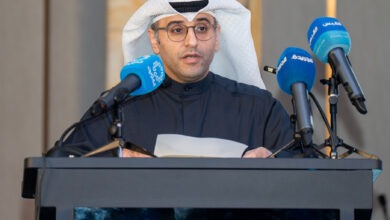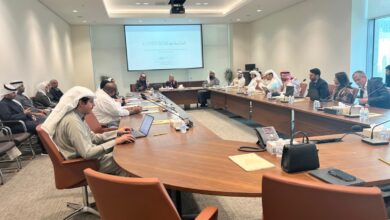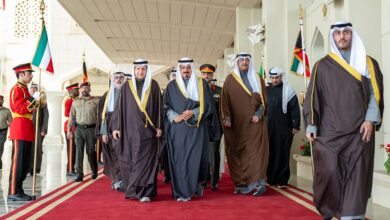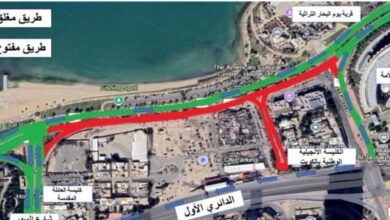Kuwait eyes inclusion of its Geological Parks in UNESCO Global Network
The initiative aligns with global efforts to integrate heritage preservation with sustainable tourism and environmental education – Dr Mubarak Al-Hajri
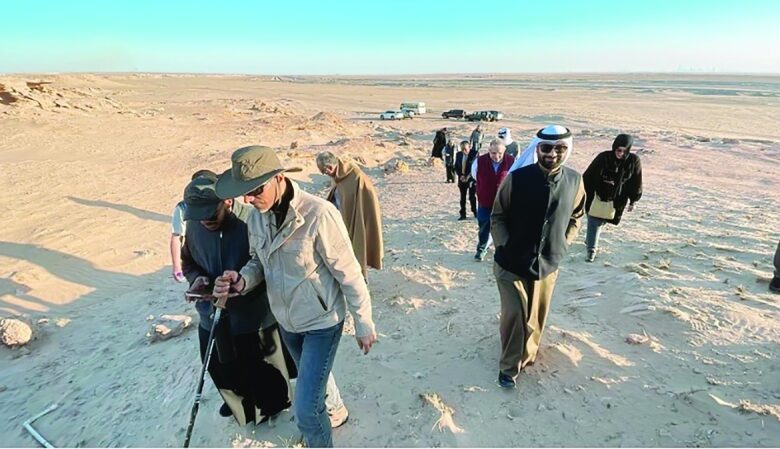
Dr. Mubarak Al-Hajri, Chairman of the Kuwait Society for Earth Sciences, has highlighted a visionary national initiative aimed at transforming Kuwait’s unique geological sites into UNESCO-recognized global geoparks.
Emphasizing their value as hubs for education, tourism, and environmental preservation, Al-Hajri affirmed that these parks will contribute to sustainable development while preserving the nation’s geological and cultural heritage.

In a statement to KUNA, Al-Hajri emphasized that geological parks have evolved into vital components of sustainable development strategies worldwide.
They serve not only as tourism and economic resources but also as platforms for preserving local heritage. “Designating geological parks in Kuwait is a strategic objective of our association,” he stated, noting the initiative could be realized in collaboration with various government agencies.

Explaining the concept, Al-Hajri said geological parks are defined geographical areas with unique and diverse geological features. These areas are managed holistically to preserve their natural value while promoting sustainable practices through education, tourism, community involvement, and job creation.
“These parks act as open-air laboratories,” he added, “providing students and researchers opportunities to explore Earth sciences, biodiversity, and climate history.”
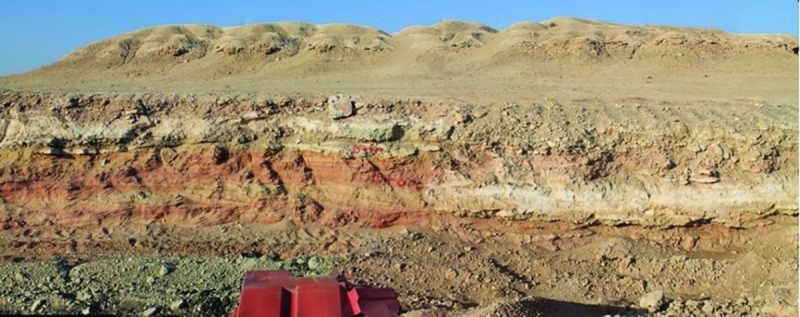
Beyond academic and environmental benefits, they also draw nature enthusiasts, contributing to the local economy and raising awareness about environmental preservation.
Al-Hajri noted that many countries have successfully leveraged geological parks to mitigate disaster impacts and increase public awareness of natural hazards like earthquakes and volcanic activity. Moreover, such parks help preserve rare ecosystems and support biodiversity conservation.
He emphasized that developing geological parks in Kuwait is a national project that requires the cooperation of public and private sectors, civil society organizations, and academic institutions.
The initiative will also incorporate traditional crafts, local cuisine, and cultural programs to ensure a holistic and sustainable development model.
Among the sites identified for the project’s first phase is Al-Subbiya, which Al-Hajri described as an ideal location due to its rich archaeological legacy linked to the Ubaid civilization and its unique environmental and natural features.
He outlined the phased approach to the project, starting with assessing the geological, environmental, and cultural significance of proposed sites.
This will be followed by establishing a geological network connecting the sites, developing infrastructure such as walking trails, signage, and a visitor center, and determining which areas will be accessible to the public and which must remain protected.
The initiative, Al-Hajri concluded, aligns with global efforts to integrate heritage preservation with sustainable tourism and environmental education.







